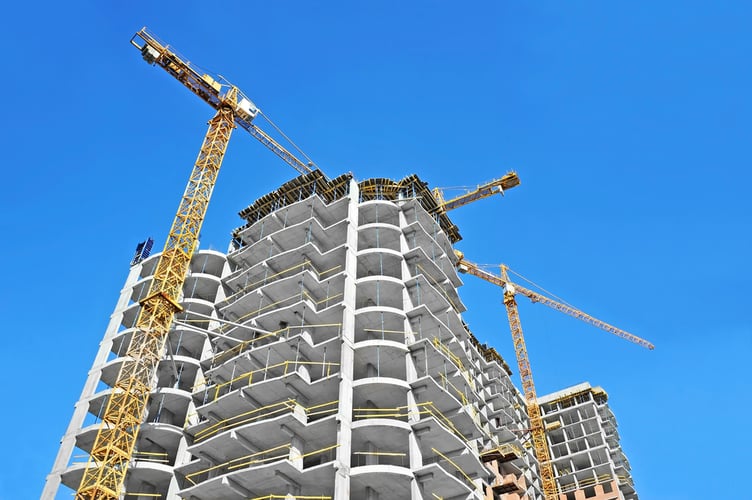In any construction project there are three main parties involved: the owner or client, the management team and the contractor. The contractor plans and coordinates construction activities and must complete the project within the established deadline and budget. Contractors are responsible for the entire construction process and must determine the best methods to finish the project as specified.
General Responsibilities of a Construction Contractor
In general terms, the contractor is responsible for planning, leading, executing, supervising and inspecting a building construction project. Responsibility extends from the beginning to the end of the project, regardless of its scope.
Contractors fulfill their duties by planning activities, supervising workers, and ensuring that the project follows local codes and laws. A contractor may hire subcontractors for specialized areas, such as electrical installations and HVAC systems.
Manage your contractors effectively and complete your projects on time and within budget.
Specific Roles and Duties of a Construction Contractor
As mentioned earlier, a contractor has multiple responsibilities, which can vary depending on the contract. There are many roles a contractor can take on during the different stages of a project, and this section covers the most common ones.
Project Planning
Each project has a master schedule that outlines all activities, along with their time distribution and planned budget. This schedule has a completion date that contractors must meet, and heavy penalties are typically applied for failing to meet the deadline. A late completion can only be justified if the project has been delayed by external factors beyond the contractor's control, such as extreme weather conditions.
A contractor's first task is to create a project plan to deliver the project on time. Some responsibilities include:
- Planning all the crucial details of project development and implementation.
- Determine requirements for construction equipment and materials and plan their acquisition.
- Predict possible changes and create risk mitigation strategies.
- Addressing any legal and regulatory issues.
- Establish effective communication between all project participants.
The contractor must establish a budget for the construction project and follow it as closely as possible. The budget is a useful tool for monitoring project costs, as contractors can detect waste by comparing their actual expenses with the planned budget.

Project management
The contractor needs to complete the project on time, and this involves many construction management activities:
- Ensure funds are available to keep the project moving forward
- Purchase materials early enough to arrive on site when needed
- Buy or rent the construction equipment needed for the project
- Interview and hire subcontractors to perform specialized work
- Creating progress reports to justify interim payments
Contractors are also responsible for their personnel, ensuring that their personnel are of the appropriate size and technical skills. Contractors also manage payroll for their own employees and payments for subcontractors.
Project monitoring
Monitoring the project is essential to complete the work in accordance with the contract specifications and schedules. In addition to tracking progress, contractors must avoid interruptions. This involves several complementary activities:
- Quality control
- Using economical construction methods
- Ensure a constant supply of materials and plan purchases well in advance
- Construction site safety
During the construction process, the contractor is responsible for tracking progress and managing any necessary changes. Of course, contractors should always keep project scope, time, and budget in mind when making decisions.
Legal and Regulatory Issues
Contractors have some responsibilities in terms of legal and regulatory issues. They must acquire all necessary permits and licenses before starting the project, while also covering any applicable fees and taxes. Furthermore, the entire construction process must follow local legislation and building codes.
Ignorance of legal requirements is not a valid excuse in construction projects, which means that contractors must have up-to-date knowledge. With the proper building permits and contractor licenses, the project can progress without interruption.
Health and safety issues
The contractor must ensure health and safety at the construction site by implementing appropriate procedures and raising awareness among workers. The contractor is also responsible for the proper functioning of the equipment and the prevention of accidents due to improper use.
The contractor handles any emergencies and unforeseen events at the project site and must report them to the client's supervisory team.
Conclusion
Construction contractors perform many roles during different phases of construction, and each role carries different responsibilities. Contractors must be able to manage uncertainty and make decisions on a daily basis. A contractor's track record is also very important, as those with extensive experience are better able to respond to common project problems.

